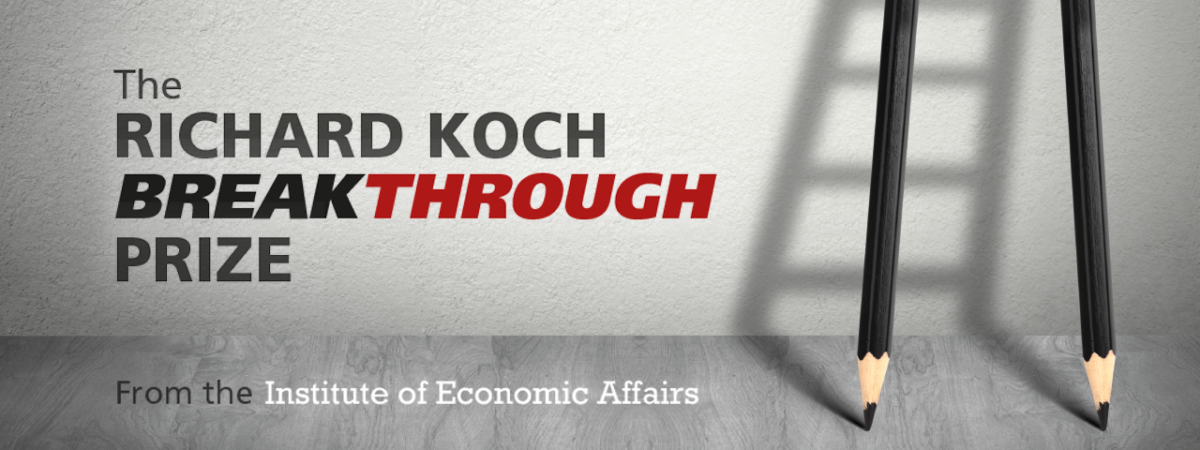Corbyn’s £10 living wage will harm those he claims to protect the most
SUGGESTED

IEA announces Richard Koch Breakthrough Prize winner

IEA releases report on what fisheries policy should look like outside of the EU

Reaction to Jeremy Corbyn's promise to raise the living wage
“Raising the minimum wage so sharply would put the jobs of low-skilled workers and those in part-time work at risk. We have already seen companies in the retail, food and social care sectors scrap in-work perks, withdraw overtime and Sunday pay, and cut hours in an attempt to offset the costs of the National Living Wage – proof that arbitrarily instituting wage increases does nothing for the workers it is attempting to help.
“The ones who will really feel the effects of such a measure are those in part time work, a large proportion of whom are women; young workers; and ethnic minorities – a disproportionate number of whom work in low-paid or low-skilled jobs. It’s quite baffling how the Labour Party are even contemplating a policy that will hurt the groups of people they claim to protect.
“And why stop at £10? Why not £20? Or £100? Rather than considering the general health of the economy and firms’ ability to pay, Mr Corbyn seems to have irresponsibly plucked a number out of the sky that feels right rather than one that makes economic sense.”
Notes to editors:
For media enquiries please contact Nerissa Chesterfield, Communications Officer: nchesterfield@iea.org.uk 020 7799 8920 or 07791 390 268.
The mission of the Institute of Economic Affairs is to improve understanding of the fundamental institutions of a free society by analysing and expounding the role of markets in solving economic and social problems.
The IEA is a registered educational charity and independent of all political parties.



